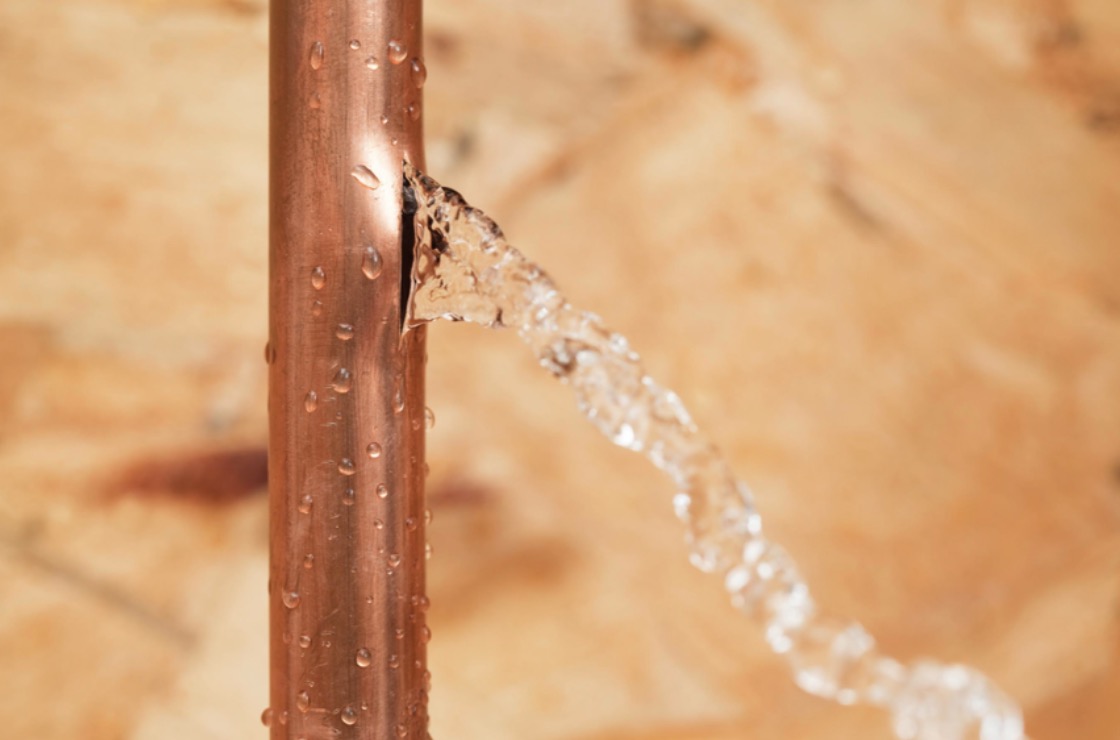Exploring the Primary Reasons for Water Leaks in Your Home
Exploring the Primary Reasons for Water Leaks in Your Home
Blog Article
Have you been trying to locate details concerning Most Common Causes of Leaky Pipes?

Leaks not just trigger waste of water however can also trigger unnecessary damage to your house and advertise unwanted organic growth. By understanding and looking for daily scenarios that create leaks, you can shield your residence from future leakages and also unnecessary damage.
Trespassing origins
Most water leaks start outside your house rather than inside it. If you observe an unexpected decline in water pressure, state in your tap, take some time to go out and analyze your yard. You might discover damp spots or sinkholes in your backyard, which might mean that tree roots are invading water lines triggering water to leak out. You can have your plumber look for intrusion, specifically if you have trees or bushes near your residential property.
Rusty water supply
As time goes by, your plumbing system ages and also corrosion such as rust may start eating away the pipes. This might be the reason for discoloration or warping on your water pipes. This calls for an evaluation with your plumber instantly. Take into consideration replacing the pipelines because they are at a higher threat of rust than the more recent models if our plumbing system is old.
Defective Pipe Joints
The point at which your pipelines link is frequently the weakest link in the waterline. Pipeline joints can weaken with time, resulting in water leaks. The bulk of pipeline joints are not easily visible. If you have noisy pipes that make ticking or banging noises, particularly when the warm water is switched on, your pipeline joints are possibly under a great deal of stress. It is advisable to have your plumber examine your system annually.
Immediate temperature adjustments.
Extreme temperature level modifications in our pipelines can trigger them to broaden and also acquire all of a sudden. This expansion as well as contraction may create splits in the pipes, particularly if the temperature are below freezing. It would certainly be best if you watched on exactly how your plumbing functions. The presence of the previously stated circumstances regularly indicates a high threat.
Poor Water Connectors
At times, a leak can be caused by loose hoses as well as pipelines that provide your appliances. In case of a water links leakage, you might discover water running straight from the supply line or puddles around your devices.
Clogged Drains
Obstructed drains pipes may be annoying and inconveniencing, however they can in some cases wind up causing an overflow causing rupture pipelines. Keep getting rid of any kind of materials that may decrease your drains that could block them to avoid such hassles.
All the above are causes of leakages yet not all water leaks result from plumbing leakages; some leakages could come from roof covering leakages. All leaks should be fixed quickly to prevent water damage.
Leakages not only create waste of water but can likewise cause unnecessary damages to your residence and promote unwanted organic development. By comprehending as well as looking for daily circumstances that cause leakages, you can protect your home from future leaks and also unnecessary damage. Today, we will certainly look at 6 leakage triggers that may be causing your pipes to trickle.
At times, a leak can be caused by loosened tubes as well as pipelines that provide your devices. In case of a water links leakage, you may see water running directly from the supply line or pools around your home appliances.
How To Check For Water Leak In Your Home
How To Check for Leaks
The average household's leaks can account for nearly 10,000 gallons of water wasted every year and ten percent of homes have leaks that waste 90 gallons or more per day. Common types of leaks found in the home are worn toilet flappers, dripping faucets, and other leaking valves. These types of leaks are often easy to fix, requiring only a few tools and hardware that can pay for themselves in water savings. Fixing easily corrected household water leaks can save homeowners about 10 percent on their water bills.
To check for leaks in your home, you first need to determine whether you're wasting water and then identify the source of the leak. Here are some tips for finding leaks:
Take a look at your water usage during a colder month, such as January or February. If a family of four exceeds 12,000 gallons per month, there are serious leaks.
Check your water meter before and after a two-hour period when no water is being used. If the meter changes at all, you probably have a leak.
Identify toilet leaks by placing a drop of food coloring in the toilet tank. If any color shows up in the bowl after 10 minutes, you have a leak. (Be sure to flush immediately after the experiment to avoid staining the tank.)
Examine faucet gaskets and pipe fittings for any water on the outside of the pipe to check for surface leaks.
Undetected water leaks can happen without the home or business owner even realizing. If you suspect a water leak, but not able to find the source. It is time to contact a professional water leak detection service, The Leak Doctor.
How To Find a Water Leak In Your Home
https://www.leakdoctor.com/blog/How-To-Check-For-Water-Leak-In-Your-Home_AE197.html

As a fervent reader on Common Water Leaks In House, I assumed sharing that section was necessary. Are you aware of another individual who is enthusiastic about the topic? Be sure share it. Many thanks for going through it.
Visit Website Report this page